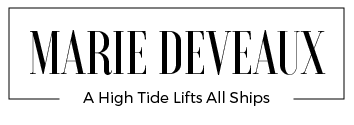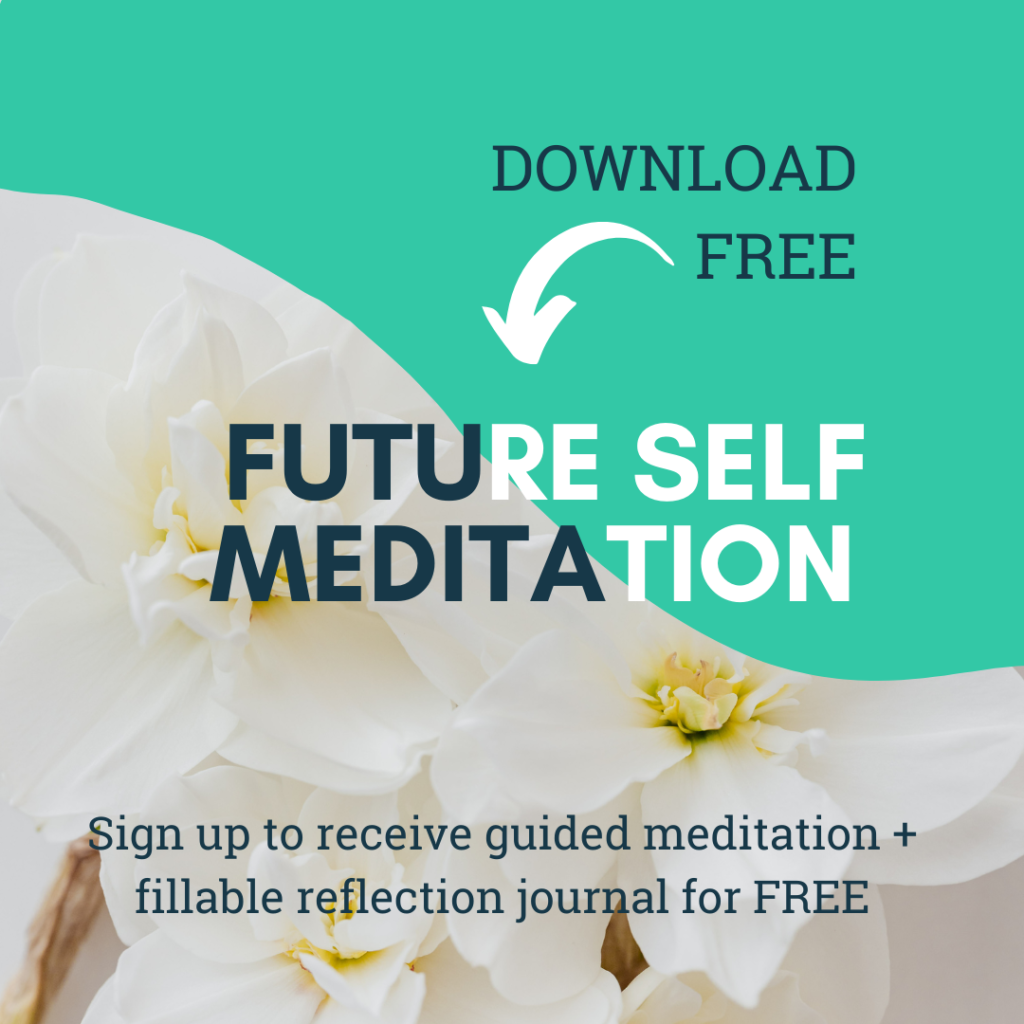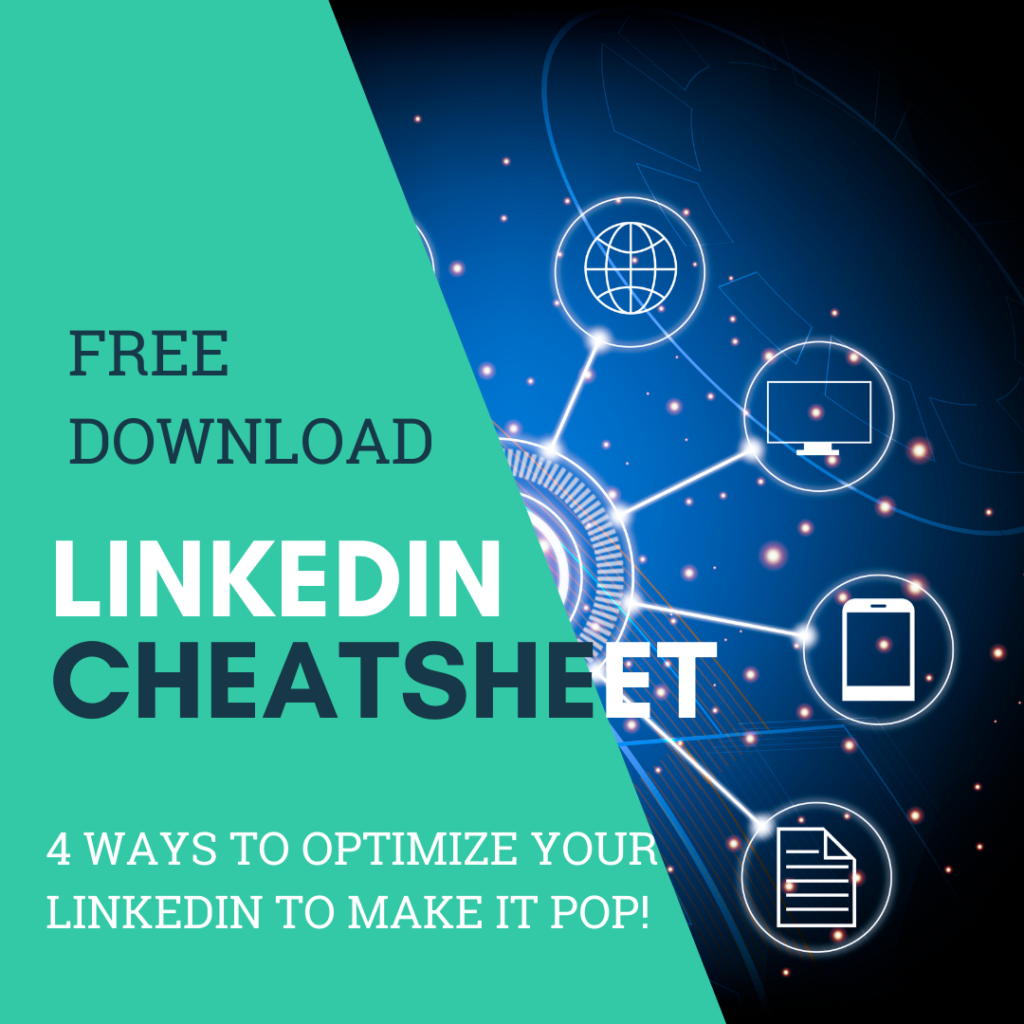Politics on LinkedIn makes sense and here’s why.
Brands are About Beliefs
Implicit in branding are core values. That’s why great mission and vision statements focus on behaviors and impact instead of sales and operations. A mission statement is deeply rooted in the beholder’s perspective of what is, and is not working in the world. Business owners are in business to solve the worlds problems as they see them.
Take the example of Nike. Their mission is not to sell sneakers and make money. Selling sports apparel is part of Nike’s operations, but it’s not why they exist or continue to do what they do.
Our Mission: To bring inspiration and innovation to every athlete* in the world. *If you have a body, you are an athlete.
If I didn’t know any better, I would think Nike was selling an idea, not shoes. Selling an idea about all people being capable of greatness, and using their bodies to the best of their abilities. My guess is Nike sees the way people typically view their bodies as problematic. They are seeking to fix that.
Or this mission statement from Jet Blue:
JetBlue’s mission is to inspire humanity – both in the air and on the ground. We are committed to giving back in meaningful ways in the communities we serve and to inspire others to do the same.
Again, JetBlue mentions nothing of selling airline tickets or warm chocolate chip cookies. Instead, their mission is rooted in how people relate to the global community. Businesses sell things, but more importantly than the what, is the how and why that they do it. The inspiration behind mission statements is a desire to change the way people relate to each other and to the world.
LinkedIn is About Branding & Relationships
But I’m not a business owner you say. Not everyone owns a business, but everyone is the CEO of their career. LinkedIn is where businesspeople come to market their individual brand. Are you clear on your personal professional mission statement? How are you communicating your mission to others?
For your consideration:
- Hubspot.com does a great job offering interactive webinars and free online certification that focuses on inbound marketing and what it means to truly position yourself as an expert in a particular field. The goal of inbound is to be a resource that attracts customers, versus a salesperson that chases down customers. This concept applies both for business owners and for employees, or independent contractors. It doesn’t matter if you are offering the company or yourself as the desirable resource. Inbound focuses on why someone would come to you, instead of to the competition. Marketing then, is not about selling, but about creating a relationship.
- Tony Hsieh wrote a book about Zappos. Tony chose to design company culture around customer service. The book’s title speaks to the company culture and beliefs: Delivering Happiness: A Path to Profits, Passion and Purpose. Their company mission: To provide the best customer service possible.
- Finally, I spent International Women’s Day learning and growing with the UBS women leadership program. Four dozen rising women executives were challenged to consider their leadership brand and how they wanted to be known across their organization and across their career(s). Leadership programs are great opportunities for networking but also ideal settings for doing the hard work of defining who you are and the unique value you provide.
In all of these examples, the theme that presents itself, is relationships. We are constantly navigating how we relate to each other, to our customers, to our colleagues, to our employers, and to the greater global community. We get to decide how we do this through branding and marketing ourselves daily with our actions.
Politics is Defined by Relationships
Politics (from Greek: Politiká: Politika, definition “affairs of the cities”) is the process of making decisions applying to all members of each group. More narrowly, it refers to achieving and exercising positions of governance — organized control over a human community, particularly a state. Furthermore, politics is the study or practice of the distribution of power and resources within a given community (this is usually a hierarchically organized population) as well as the interrelationship(s) between communities. (Wikipedia)
And there it is again: Relationships. Politics is about relationships, just like business is about relationships. Anyone who has been thrown into the mire of “office politics” knows this to be true. The interrelationships that exist in our workplace communities have huge impacts on hierarchies and the distribution of power and resources in a corporate setting.
Global politics is macro and office politics is micro, but it is the same conversation about how people see themselves, their relationships with others, and their potential for impact in the world. What do politics have to do with business? It’s the chicken and the egg. Does your work inform your politics, or do your politics inform your work? Why did you choose your profession? What difference are you making? What problems are you committed to solving? If you work, you are in service to the greater public good, which is why it matters when politicians change the way the people of the world interact and respond to one another. Those macro level relationships dictate what, how and why all of us behave in our every day experiences.
People Buy You
The idea that you would hide your political beliefs or omit them, is an attempt to hide a part of who you are, and how you relate to the world. Hiding your brand is a failure to market your true self. Is it not our view of the world, that dictates how we choose our work in the first place? Not every job is for everyone, and not every person we encounter is meant to have a relationship with us. That’s OK.
Getting Clear on 2 Things
- 1) What is your personal brand? Do you have a personal mission statement for your life? For your career?
- 2) How do others see you? Is your brand well communicated to the public?
Once you are clear on your brand and the relationships you are invested in, how transparent are you willing to be with others? With your colleagues? With potential employers? Are there things you don’t want them to know about you? Ideas that you think will turn them away? Beliefs that may make them question your perspectives on the world?
You are looking for people, who are looking for you
Know Your Audience
 Maybe you aren’t as afraid of others knowing what you believe, as you are about finding out that others’ beliefs differ from your own. This takes us back to the inbound example. Are you chasing the wrong customers/corporations/colleagues while potentially hiding who you are from the right ones?
Maybe you aren’t as afraid of others knowing what you believe, as you are about finding out that others’ beliefs differ from your own. This takes us back to the inbound example. Are you chasing the wrong customers/corporations/colleagues while potentially hiding who you are from the right ones?
Find Your Match
LinkedIn built an entire platform around recruiters and employers finding the right candidates – A virtual workplace dating service. But, if you are the “right” candidate make sure you are not inadvertently hiding who you are from the perfect opportunity. You can’t be everything to everyone, so why attempt it? You don’t have to avoid politics. Why not embrace it? There are ways to disagree agreeably, and still defend your perspective with grace and integrity – if that’s part of your brand.
- Stand up for what you believe
- Don’t be afraid to be yourself
- Nail your elevator pitch (60 second personal mission) and use it often
You can’t get to authentic relationships if you don’t know who you are, what you believe, and why you believe it — politics included. Will that create conflict? Sometimes. Will that make others uncomfortable? Probably. Is that a reason to give up on being authentic or missing out on finding your true (professional) love? No way.
How does politics show up in your work? How do you engage or disengage from those conversations? Leave a comment below.










How insightful and thought-provoking! Thank you, Marie!
Thanks for reading Lauren!
A great article.
Thanks Rochelle!